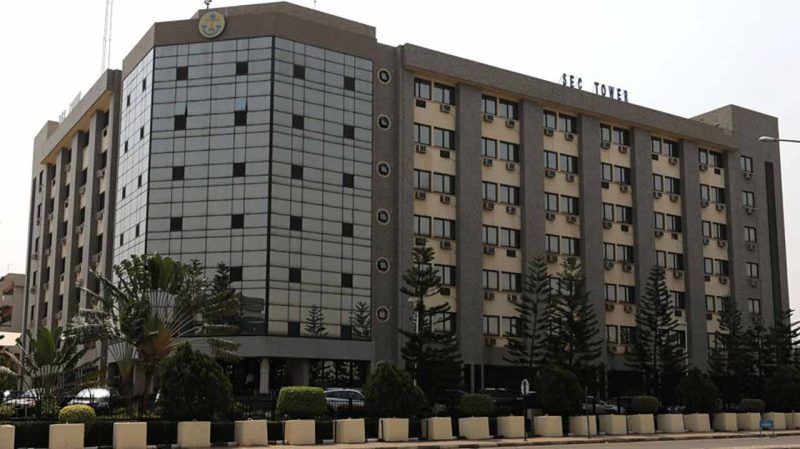Nigeria is actively preparing to impose a ban on peer-to-peer (P2P) cryptocurrency trading involving its national currency, the naira. This action forms part of new regulatory measures that the country’s Securities and Exchange Commission (SEC) is introducing. The aim is to address concerns about the potential for currency manipulation through crypto transactions.
Details of the Upcoming Regulation
The SEC plans to release a regulatory framework soon, targeting crypto exchanges and custodians. Emomotimi Agama, the SEC Director General, has stated that the primary goal of the new rules is to protect the naira from potential abuses in the crypto market. He highlighted the urgent need to tackle the challenges presented by crypto P2P trading and its impact on the naira’s exchange rate.
Background and Implications of the Ban
This regulatory change follows a series of strict actions against cryptocurrency operations in Nigeria, including a significant crackdown on Binance, a leading global cryptocurrency exchange. Earlier this year, Nigerian authorities arrested Binance executives Tigran Gambaryan and Nadeem Anjarwalla, accusing them of tax evasion, currency speculation, and money laundering. Although Binance removed the naira from its P2P services in March 2024, the platform and its staff have continued to encounter significant challenges from Nigerian regulators.
Also read: Nigerian Fintechs to Halt New Customer Onboarding
Broader Impact on Crypto Trading
While the ban on P2P crypto trading in naira will halt these specific transactions, it does not end all P2P cryptocurrency exchanges in Nigeria. Traders will likely continue using other currencies like the U.S. dollar for P2P transactions. However, industry experts debate the feasibility and effectiveness of completely banning P2P trading, with many arguing that such measures are difficult to enforce fully.
Global Reactions and Concerns
The situation has drawn international attention, with Binance CEO Richard Teng criticizing the Nigerian government’s actions, particularly the detention of its employees, as setting a “dangerous new precedent for all companies worldwide.” This incident highlights the complex interaction between national regulatory frameworks and the global nature of the cryptocurrency market.
